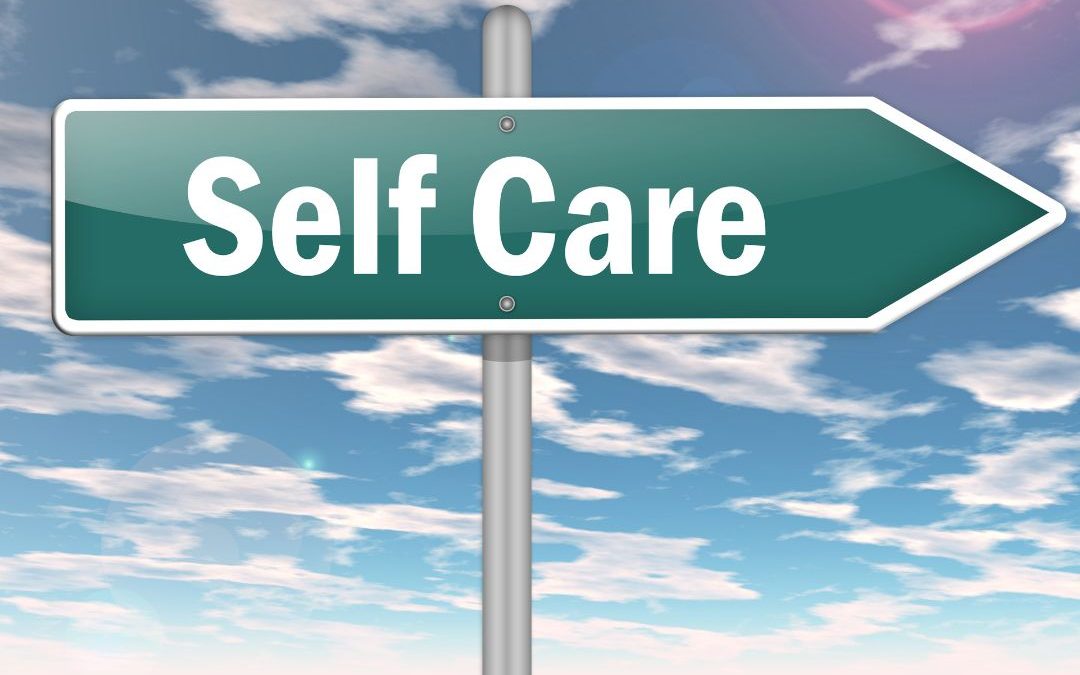- Have a question?
- 613-89-Prime (77463)
- 1-866-950-3667
- info@primebenefitsgroup.com
Creating a Culture of Self-Care in the Workplace


Road sign pointing right with the words "Self Care" written on it
On July 24, the world will mark International Self-Care Day to raise awareness about self-care and the important role it plays in leading a healthy lifestyle. This day is a reminder that self-care is important to our health, and an opportunity for companies to promote the importance of self-care in the workplace.
What is Self-Care?
Self-care is about taking care of yourself and making choices that support your mental and physical health, such as eating healthy, getting enough sleep, and exercising. Making sure your personal needs are met means you’re in a better position to maintain good health and well-being.
Self-care can be as simple as going for a walk, sipping tea, calling a friend, or going to bed early to get a good night’s sleep. The benefits of self-care are experienced 24 hours a day, 7 days a week.
Why Self-Care is Critical
In today’s fast-paced work environments, self-care has become an integral part of maintaining employee health, reducing stress, increasing productivity, reducing absenteeism, and improving morale.
A Telus Health survey suggests a third of Canadian workers are at high mental-health risk, which is higher than the 14 per cent found to be at high risk prior to the COVID-19 pandemic. Fewer than a third said they’re unable to adopt a flexible working schedule. As we spend most of our waking hours at work, and as employers take a more proactive role in supporting the well-being of their employees, organizations need to build cultures where their teams can be resilient and encouraged to take care of their mental and physical health.
How Employers Can Help
Here are a few things for employers to consider as they look to create a culture of self-care in the workplace:
- Create a Comfortable Work Environment: Ensure your employees have access to ergonomic furniture in the office, which can help reduce stress and prevent injuries.
- Promote Healthy Eating Habits: Offer employees healthy food in the break room and promote healthy snacking habits during meetings and events.
- Encourage Breaks: Create an environment where employees feel comfortable taking short breaks throughout the day to get fresh air, step away from their computer screens, and stretch. Even short breaks can help reduce stress and improve concentration throughout the work day. Managers should also model taking breaks themselves.
- Offer Programs or Employee Benefits: Review your benefits offerings and consider including programs or coverage for services such as yoga classes, meditation, massages, and counselling.
Communication is Key
Keep the lines of communication open between management and employees, and provide support for anyone struggling with issues at home or at work. It’s also important for employers to model self-care and work-life balance. For example, avoid sending work-related messages outside of regular business hours and set realistic deadlines for employees.
Self-care is a critical aspect of maintaining employee health and well-being at work, and creating a culture of self-care can have a positive impact on both health and performance. Self-care is not a luxury – it’s a necessity – for better work-life balance. Please contact us to learn more about how your workplace benefits offerings can help foster a culture of self-care in your workplace.
Suggested Reading
Canadian Chamber of Commerce | The Importance of Self-Care at Work
Government of Canada | Beneath the surface: Self-care myths and facts
Fast Company | 4 ways to build a culture of self-care in the workplace – and why it matters
Additional Resources
International Self-Care Foundation | International Self-Care Day